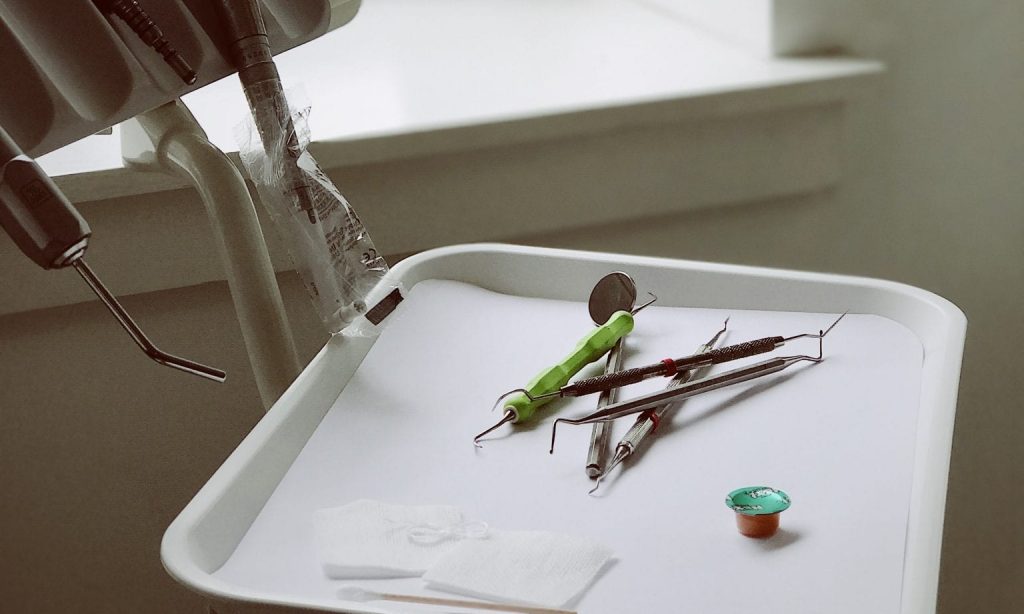
Dental caries is formed as a result of damage to tooth enamel. By its nature, caries is serious permanent damage to the surface of the teeth, which manifests itself in the form of dark spots on tooth enamel and even small holes in the teeth.
This disease is very unpleasant, so experts strongly recommend that you always take care of oral hygiene and take effective measures in a timely manner, which will help not only to prevent damage to teeth but also to accelerate the process of caries treatment.
Caries occurs when bacteria that live in the mouth begin to secrete excessive amounts of acid. These bacteria settle on tooth enamel along with small pieces of food or get into the mouth due to failure to follow the principles of personal hygiene.
Caries most often affects children and adolescents, although, in reality, the disease can affect people of any age, even infants.
That is why it is very important to take care of your dental health from an early age. If this is not done, then over time the poor condition of the teeth can lead to severe pain, deterioration of the structure of nerves and blood vessels, the development of an infectious process in the oral cavity, and even tooth loss.
The main causes of caries
Caries is formed as a result of long-term accumulation of plaque on the enamel, which protects the outer surface of the teeth. Plaque is a substance made up of small pieces of food and bacteria that live in the mouth. If you do not deal with a plaque in time, it will turn into tartar.
Acids released from plaque demineralize hard enamel on the tooth surface. The resulting erosion leads to the formation of holes in the teeth, ie caries.
Thus bacteria and acids penetrate into the dentin (mineralized tooth tissue). This causes severe damage to the teeth and makes them very vulnerable and fragile.
In this case, only a timely visit to the doctor and regular care of oral hygiene can protect you from tooth loss.
If the infectious process is delayed, harmful bacteria will enter the tooth. As a result, nerves and blood vessels are severely damaged, thus leading to the complete destruction of teeth.
Risk factors for caries
Unfortunately, there are many harmful factors that can cause tooth decay. Most people come into contact with them almost every day:
- foods high in sugar and starch;
- carbonated sweet drinks;
- improper or irregular brushing of teeth;
- fluoride deficiency;
- constant dry mouth;
- gastric reflux;
- tobacco abuse;
- improper nutrition.
The main symptoms of caries
In fact, medical treatment of caries can be different, because it all depends on the severity of the disease and the location of the affected tooth. Note that in the initial stages of caries occurs without visible symptoms.
If you do not notice caries in the early stages, you may experience the following unpleasant symptoms of this dental disease:
- the sudden toothache that occurs for no apparent reason;
- excessive sensitivity of the teeth;
- toothache after cold, hot or sweet food;
- the appearance of noticeable holes in the teeth;
- formation of black, brown or yellowish spots on the surface of the teeth;
- pain when eating or chewing food;
- bad breath.
Complications as a result of improper or untimely treatment of caries
If caries is not treated in time, it can lead to serious complications. Here are some of the most common complications that can occur as a result of the untimely provision of qualified medical care:
- Dental abscess (flux);
- Severe toothache;
- Inflammatory process and purulent discharge around the affected teeth;
- Excessive fragility and sensitivity of the teeth;
- Loose tooth;
- Discomfort when chewing food.
Picture Credit: Unsplash
